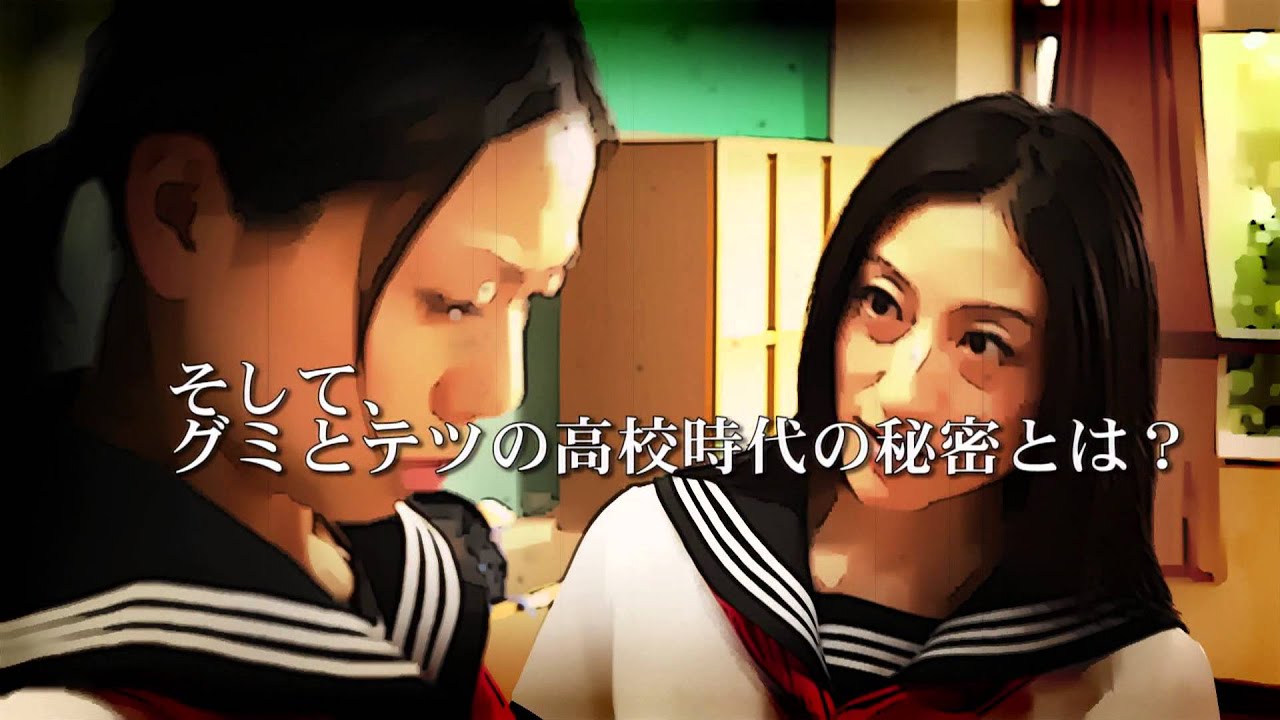By Chlotrudis Independent Film Society
Rating: 3.5 cats
Director: Moriro Miyamoto
Starring: Kiki Hanaka | Masaki Kitahara | Shinji Wada | Shishimaru Ozawa

Country: japan
Year: 2013
Running time: 83
IMDB: http://www.imdb.com/title/tt3076776/combined
Jason says: “There are any number of different types of weird movies, from the merely offbeat to eccentric to bizarre and beyond. UZUMASA JACOPETTI certainly tends toward the stranger end of the spectrum, and like a lot of movies there, it can be as off-putting as it is intriguing. The way its parts add up isn’t obvious – that add up to any specific thing is debatable –
but they are at least interesting components.
“The first piece is Shoji Hyakkan (Shinji Wada), a man of few practical skills but a big idea: Build a house whose floors are magnets floating above each other. It would certainly provide room for his son Shigeo (Shishimaru Ozawa) and his wife Sana (Kiki Hanaka), who would like another child although she shows some odd, unnerving behaviors when out with Shigeo. Another piece is Police Office Kobayakawa (Masaki Kitahara), who catches Shoji obtaining some extremely fresh leather to
serve as his new house’s wall, and instead of arresting him decides to hire him on for a special project.
“Things get a bit violent as well as strange after that, sometimes going so far in unusual directions that trying to figure out just what UZUMASA JACOPETTI is trying to do can leave a viewer scratching his or her head. Me, I think that co-writer/director Moriro Miyamoto is saying that there’s a kernel of madness in every person, and while it is obvious in some like Shoji, seeing it in one person can activate it in another, resulting in great achievement or folly. All of the characters here are what they are from the very start, and all of them have strange dreams, but sometimes it takes a particular intersection to act on them.
“The cast playing those characters does so in a fairly low-key manner. Shinji Wada, for instance, appears to come from a long line of deadpan Japanese actors whose characters’ eccentricity is given an extra jolt from how straight the part is played, while also selling the strange situation. Masaki Kitahara is taking a somewhat different tack; though Kobayakawa initially seems quite focused, it’s easy to see him trying to channel rage, guilt, and fear. And while she occasionally seems somewhat flat, Kiki Hanaka is quite interesting as Sana; at time she’s the most unhinged but also the most practical, and she reconciles those halves quite well.
“Sometimes what can come off as restraint might also be a case of not having a whole lot more to give; this is a film that is independent to the point of almost being underground, and often looks it: Night shooting can look very bad, for instance, and other bits look improvised, like Miyamoto told Wada to harass passers-by while he shot from across the street. There are bits that are just downright surreal, and others that take the extra step into the realm of the grotesque, at least one of which made me question whether this movie was worth the effort if I had to watch that.
“For all that he goes into weird, not-for-everyone places, Miyamoto can’t be said to be boring or numbing his audience, an all-too-common (and often fair) complaint to be leveled at the experimental filmmaker. It’s not hard to get something out of UZUMASA JACOPETTI, although not everybody will find greatness there. 3.5 cats
“Seen 24 July 2013 in in Salle de Sève (Fantasia Festival, HD).”
